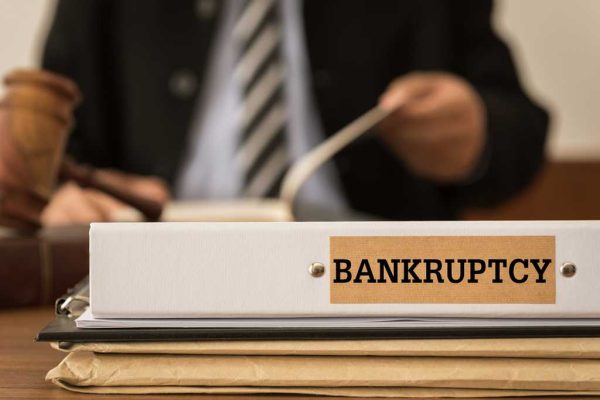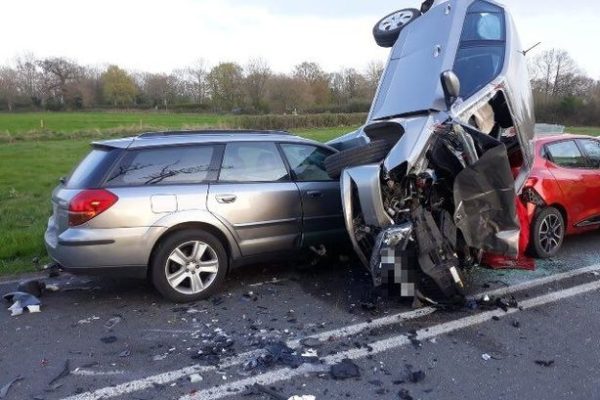One of the worst possible legal filings one can make is a wrongful death claim, for all of the grim implications that this accompanies. Not only is it a stressful situation due to the obviously traumatic situation of a loss of a loved one, but it can also be terribly stressful to deal with the filing and the case in the first place. When filing for such a case, a common question someone may have is whether it is worth it, financially, to pursue a wrongful death claim against a person, persons, or an organization.
How much money can you expect to receive from a wrongful death claim?
One of the most significant factors at play in determining how much a person can gain from a wrongful death claim will ultimately be based on how much responsibility the parties bear. For instance, a person who robbed a gas station and fled from the police in their vehicle ends up colliding with and killing a woman who is obeying the law, while the gas station robber ran a red light. In this situation, the responsibility on the part of the victim would be very minimal if nonexistent. After all, the victim has no expectation that her actions would lead to her death, while the gas station robber did not have a justifiable reason to run a red light, was committing a crime while doing so, and thus, was acting grossly negligent to the safety of others for their own benefit. On the other hand, someone who was drinking and driving and gets hit and killed by someone who was ignoring traffic laws, their close relatives would not be able to seek as much damages as they could with a situation like the first, because despite the person who disregarded traffic laws being negligent in their actions, the victim was also being negligent. The traffic violations both made potentially contributed, and thus the defendant cannot be held fully liable.
Not all situations are going to be that black and white, however, and thus a defense attorney may be able to make a compelling enough argument that leads the judge or jury to determine that the defendant owes less damages in a wrongful death case. For instance, say a doctor makes mistakes that lead to the death of one of their patients, leading to a case of medical malpractice. If the mistakes can be shown to have been reasonably avoidable, a wrongful death claim is certainly going to have a much higher chance of success. On the other hand, a good defense lawyer may be able to demonstrate that the terrible outcome of the doctor’s mistakes were needlessly exacerbated by the person who died, such as the plaintiff ignoring guidance that the doctor gave them. It will not necessarily be a 50/50 outcome where blame is equally split, as a doctor has a higher expectation than a patient in seriously understanding the potential mistakes that could occur, but if it can be shown that the patient not following the doctor’s guidance influenced their death, even just slightly, one can expect a wrongful death case to be less successful in maximizing the sum earned.
In addition to determining fault by the defendant and the victim, one has to determine what costs were incurred as a result of the victim’s death. If you were, for instance, a stay-at-home parent who relied on their partner’s income, the defendant will likely be held at least liable for that loss of income. Costs brought about as a result of the death, including medical and funeral expenses, will also be held partially liable for, more or less depending on how much of the fault is theirs. The costs, however, are not entirely monetary; for instance, the loss of someone who served as your rock can be a strong cost, and if you can show that you have incurred emotional damages as a result of what happened, the defendant may be on the hook for paying you for that loss. Ultimately, most wrongful death claims don’t reach a court, so you can expect that you will likely see a reduced settlement.





